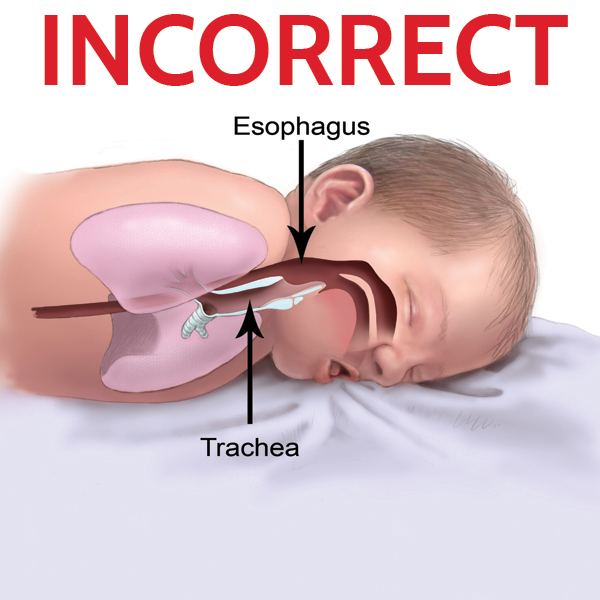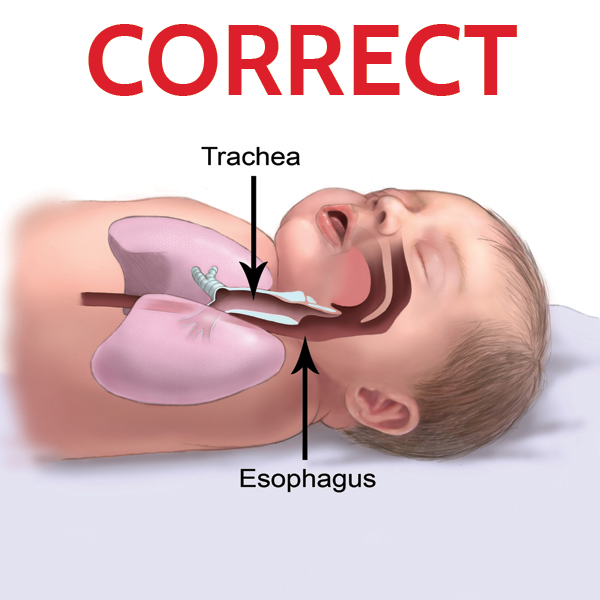
Is your baby sleeping safely?
Posted: July 11, 2019Approximately 3,500 infants die annually in the United States from sleep related deaths. After an initial decrease in the rate of sleep related infant deaths throughout the 90’s due to the Back to Sleep campaign, that decline has now stalled for a number of years. Racial and ethnic disparities exist, so much so that African American infants are twice as likely to die from sleep related infant deaths. The four main contributing factors consistently present in the setting of sleep related infant deaths are unsafe bedding or toys in the sleeping area, infants not sleeping in a crib or bassinette, infants not sleeping alone and infants not sleeping on their backs.
The American Academy of Pediatrics recommendations on creating a safe sleep environment include:
- Place the baby on his or her back on a firm sleep surface such as a crib or bassinet with a tight fitting sheet.
- Avoid use of soft bedding, including crib bumpers, blankets, pillows and soft toys.
- The crib should be bare.
These make up the ABCs (Alone, on their Back, in a Crib) of safe infant sleep that we model at Le Bonheur.
Many caregivers believe that placing an infant on their stomach is safer in case the baby spits up or vomits. In fact, the opposite is true.

If this baby vomits or spits up, gravity might pull food down into the wind pipe (trachea) causing the baby to aspirate or choke.

This figure demonstrates why it is safer for a baby to sleep on his back because the esophagus is behind the trachea. If this baby vomits or spits up, gravity might keep food from going into the wind pipe (trachea), making it less likely for the baby to aspirate or choke.
Fisher-Price recently recalled its Rock ‘n Play infant sleeper after pressure from the American Academy of Pediatrics. The AAP called for the immediate recall of all Rock ‘n Play Sleepers, citing a Consumer Reports analysis linking the popular sleeper to 32 infant deaths. The AAP noted that Consumer Reports concluded that cause of death for some babies was asphyxia, or the inability to breathe caused by the babies’ position.
The AAP does not recommend inclined sleep products or any other products that require restraining a baby. It also advises against using car seats, strollers or other devices for sleep. The group said babies could roll or turn into an unsafe position and suffer suffocation or strangulation when unable to move.



